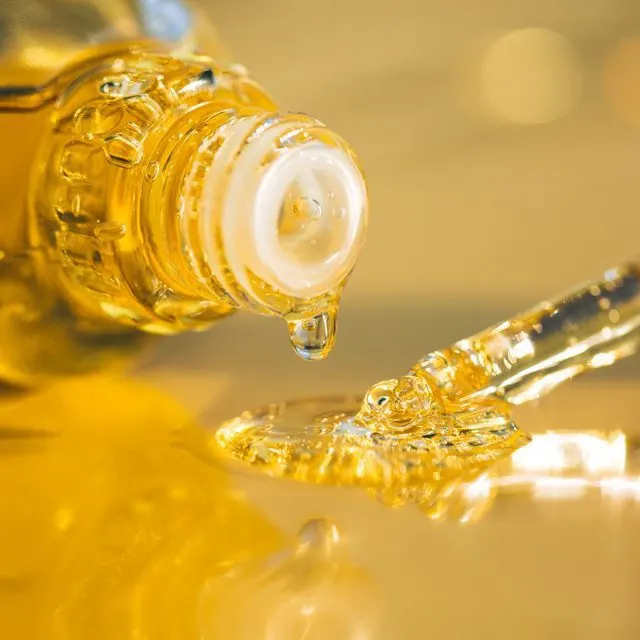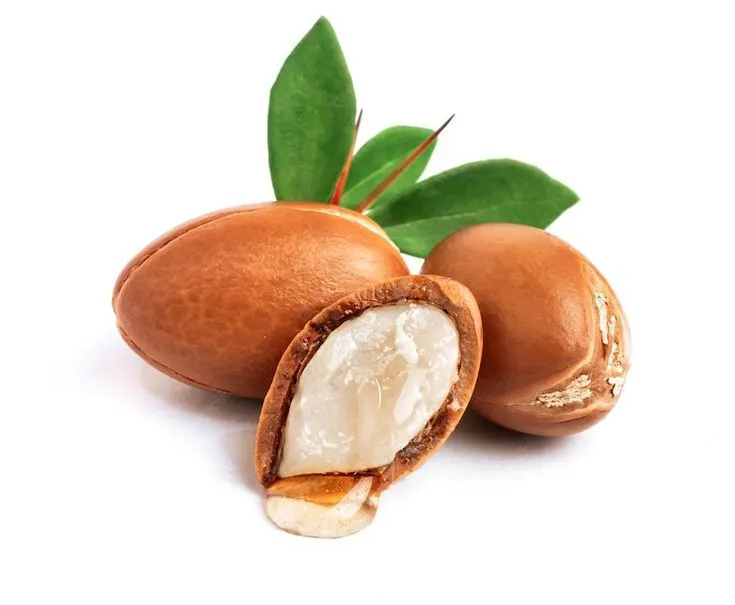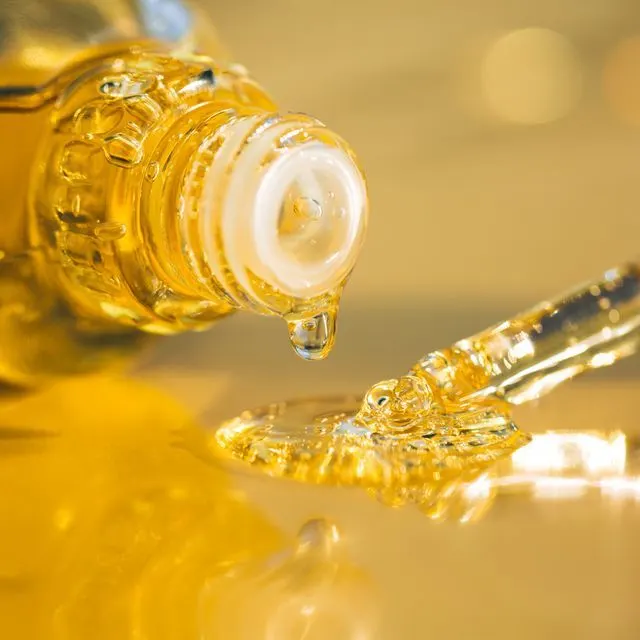Argan oil, often referred to as “liquid gold,” has been a staple in the beauty and wellness industry for centuries. As the global demand for natural and organic products continues to rise, the future of the argan oil industry looks brighter than ever. In this article, we’ll explore the trends and predictions shaping the future of the argan oil industry, highlighting the characteristics, advantages, and unique qualities of this remarkable product.
Product Characteristics
Argan oil is derived from the nuts of the argan tree, native to Morocco. This oil is rich in essential fatty acids, antioxidants, and vitamins, making it a powerful ingredient for skincare, haircare, and even culinary uses. The most common uses of argan oil include moisturizing, anti-aging, and nourishing the skin, as well as promoting healthy hair growth.
Key Characteristics:
- Rich in Essential Fatty Acids (Omega-3 & Omega-9)
- Packed with Antioxidants (Vitamin E, Phenols)
- Non-Greasy and Easily Absorbed
- Sustainable and Fair-Trade Sourcing
Argan oil’s unique properties make it stand out from other oils on the market, offering multiple benefits across a range of applications.
Advantages of Argan Oil
Skin Health:
Argan oil is well-known for its ability to hydrate and nourish the skin. The antioxidants and vitamin E in the oil help to protect the skin from free radical damage, making it an excellent choice for anti-aging treatments. Additionally, argan oil helps with conditions like acne and eczema due to its anti-inflammatory properties.
Haircare:
Argan oil is a popular ingredient in many haircare products, especially for its ability to tame frizz, provide deep hydration, and promote shine. It is often used to treat dry, damaged hair and is a natural solution for split ends and hair breakage.
Culinary Uses:
While argan oil is more commonly associated with skincare, the toasted version is used in Moroccan cuisine to add a unique flavor to dishes like salads and tagines. The oil’s nutty taste is a favorite among food enthusiasts looking for healthier alternatives to traditional oils.

Unique Differences Compared to Other Oils
What sets argan oil apart from other oils is its versatility and nutrient profile. Unlike coconut or olive oil, which can sometimes feel greasy, argan oil absorbs quickly into the skin and hair, leaving no residue. Additionally, the traditional methods of extraction, using cold-pressing, ensure that the oil maintains its purity and potency.
In terms of sustainability, argan oil stands out for being produced in a way that supports local communities in Morocco. Fair trade practices ensure that women working in the industry are fairly compensated, contributing to the economic growth of the region.
Product Pricing
Argan oil is available in a variety of price ranges, depending on its quality and source. Premium, organic, and cold-pressed argan oil will typically be more expensive than lower-quality alternatives. However, investing in high-quality argan oil ensures that you are getting a product that is effective, ethical, and long-lasting.
Average Price Range:
- Standard Argan Oil: $15 – $30 per 100ml
- Organic Argan Oil: $30 – $50 per 100ml
- Premium & Cold-Pressed Argan Oil: $50 – $100 per 100ml
While the price may be higher for premium products, the long-term benefits, including improved skin and hair health, make it a worthwhile investment.
Benefits of Argan Oil
The benefits of argan oil extend beyond beauty and wellness. Argan oil contributes to the health of the planet by supporting sustainable farming practices. As demand for argan oil grows, producers are adopting more eco-friendly practices, such as planting more trees and reducing waste. These practices contribute to the long-term preservation of the argan tree and its ecosystem.
Quality & Originality
One of the key reasons for the growing popularity of argan oil is its exceptional quality. The oil is cold-pressed to maintain its high nutritional value, and the extraction process is environmentally friendly. High-quality argan oil should be golden in color, with a rich, nutty aroma, and should be free from additives or fillers.
The originality of argan oil lies in its centuries-old tradition, passed down through generations of Moroccan women. This cultural heritage ensures that the oil is made with care and respect for both the land and its people.

Customer Reviews and Feedback
Positive Reviews:
Many users rave about the multiple benefits of argan oil, from its moisturizing effects to its ability to combat fine lines and wrinkles. Argan oil is praised for being lightweight, non-greasy, and suitable for all skin types, including sensitive skin.
“I’ve been using argan oil for a few weeks now, and my skin has never felt softer. I even use it on my hair, and it’s made a noticeable difference in the texture!” – Emma S.
Constructive Criticism:
On the flip side, some users have reported that argan oil can be quite pricey, especially for high-quality, organic products. Others have mentioned that it can take time to see visible results for certain skin conditions, such as acne.
“While I love the benefits, I do wish the price was a little more affordable for regular use.” – Mark T.
Personal Opinion
In my opinion, argan oil is truly a game-changer in the beauty and wellness industry. Its versatility, combined with its rich nutrient profile, makes it a must-have in every skincare and haircare routine. While the price can be a bit higher for premium options, the benefits far outweigh the costs, especially for those looking for an all-natural solution to their beauty needs.
Conclusion
The future of the argan oil industry looks incredibly promising. As demand for natural, sustainable products continues to grow, argan oil will remain a key player in the global market. Whether you’re looking for a skincare solution, a haircare treatment, or a culinary ingredient, argan oil offers unmatched benefits. Investing in high-quality, ethically sourced argan oil not only benefits your skin and hair but also supports the communities that produce it.


